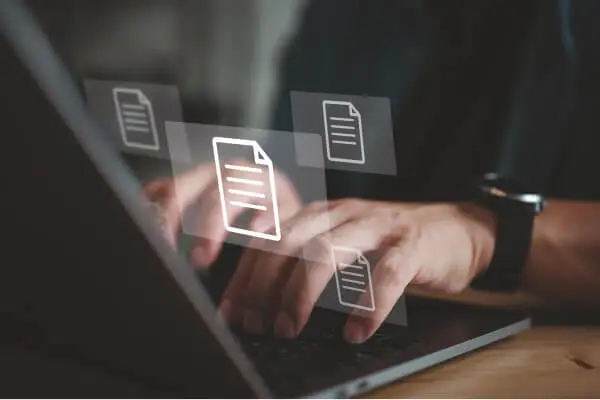

Translation Memories
Trusted Translations aims to be on the cutting edge of translation technology, and that includes the use of translation memory tools and translation memory servers. We use translation memories to help improve quality, lower costs, and expedite the entire translation process for our clients.

Translation Memories
Trusted Translations aims to be on the cutting edge of translation technology, and that includes the use of translation memory tools and translation memory servers. We use translation memories to help improve quality, lower costs, and expedite the entire translation process for our clients.
Quality Related Content
Home » Services » Human Translation » Quality » Translation Memories
Translation Memory: Faster, Cost-Effective Translations
A translation memory, simply put, is a database of previously translated phrases or segments that can be utilized to help translate new text. For example, when a previously translated phrase is detected in a new translation project, the translator will be able to “reuse” the previously translated―and approved―segment stored in the translation memory. As a particular translation memory grows, subsequent projects can then be completed more quickly and at a much lower cost.
Benefits of Translation Memories
On the whole, leveraging translation memory systems makes the entire translation process easier, more cost-effective, and also more consistent.
When updating a piece of software documentation, for example, a translator can access content that was already translated during a previous release, allowing them to concentrate on the new material. Translation memories also support the consistent use of terminology across all projects, especially when used alongside specialized glossaries or term bases. Finally, by reducing the amount of translation that must be done “from scratch,” your project can stay well within budget.
Translation Memory Servers
How do translation memories work? They can be stored on a separate server (a “Translation Memory Server”) where translators can have real-time access to those memories as they are being created.
Translation memories and translation memory servers are valuable assets if well managed. Professional management means keeping translation memories up-to-date and avoiding “pollution,” which can occur for several different reasons. For instance, when multiple, decentralized translation suppliers have been used to produce content, this can sometimes lead to inconsistences within the translation memory. Even more commonly, corporate terminology can evolve in a way that is out of sync with the translation memory; newly updated phrases may not make it into the TM, creating errors.
The best way to ensure “unpolluted” translation memories is to work with one full-service translation company that has professional expertise in carefully managing translation memories. This way, all issues can be identified and resolved; new translations will be based on “good” previous translations and will not repeat translation mistakes over and over again.
When to Use Translation Memories
At Trusted Translations, we are constantly innovating. We work with new translation memory solutions to ensure your organization benefits from state-of-the art technology that can improve quality and consistency while lowering your translation costs and speeding up timelines.
In order to obtain the full benefits of your translation memories, it is important to understand how they work and under what circumstances they are normally used.
Translation memories, along with access to a translation memory server, can add value to most medium to large translation projects, primarily those involving content that is contained in a usable electronic format. Ideally, this content exists in a standard format, such as Word, Excel, InDesign, XML, etc. Once you have content in a recognizable and usable format, the translator will then be able to open the content within a translation environment, whether on a standalone or web-based application.
Conversely, poorly scanned documents, faxes or pictures of documents are usually not the best candidates, as most translation memory software programs cannot read them well enough to leverage a translation memory.
Wondering whether translation memories are right for your project? Although this technology may be confusing, our team is ready to provide more explanations, or even a demonstration. At Trusted Translations, we have on-staff trained translation memory experts that can explain to you and your organization how and when you can best leverage this technology.


